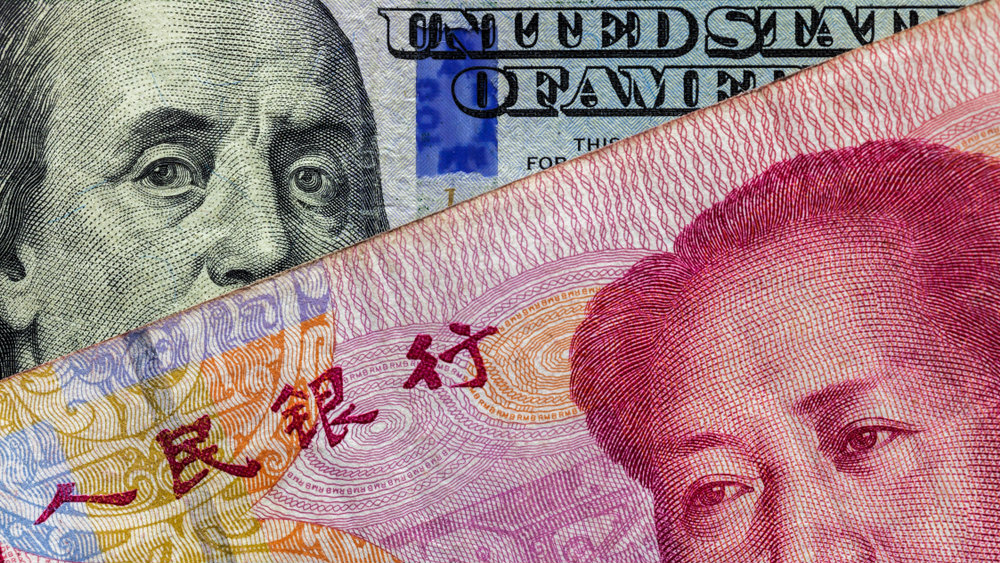Key Takeaways:
* US President Donald Trump proposed a 10% tariff on Chinese goods.
* The tariff decision is based on China’s alleged fentanyl exports to Mexico and Canada.
* Trump criticized China, labeling them as an ‘abuser’.
* China countered, stating that trade wars result in no winners.
Trump’s Trade Tariff Proposal
US President, Donald Trump, is contemplating a 10% tariff on all goods imported from China. If approved, this sudden shift in trade policy could come into effect as soon as the first of February.
Why Tariffs?
Trump’s decision stems from allegations that China is sending the opioid drug, fentanyl, to Mexico and Canada. This drug trade, according to Trump, is a serious issue that needs immediate addressing. He said his administration’s discussions around the proposed tariffs are driven by these accusations.
China – An ‘Abuser,’ says Trump
Establishing his standpoint, President Trump did not shy away from using strong terms to address China. By referring to China as an ‘abuser,’ he brought into focus his administration’s growing concerns. These concerns are not only about trade inequities but also revolve around issues of global drug trafficking.
China Responds
Trade wars and tit-for-tat policies create a no-win situation, says China. Responding to Trump’s criticism, China maintains that imposing tariffs on imports will not give any party an advantage. In simple terms, everyone loses in a trade war.
Potential Impact on China
If implemented, this sudden 10% tariff will make inbound goods from China more expensive. This may put China in a tricky situation, especially considering how COVID-19 has already disturbed global trade.
Possible Effects on US
Rising trade tensions with China could create a ripple effect in the US as well. A tariff on Chinese imports means higher prices for goods that Americans depend on daily. This could add fuel to the already burning fires of inflation and cost of living concerns.
President Trump’s Rationale
The President believes strong measures like tariffs are necessary to discourage China’s alleged drug export practices. The onus is now on China to address these grave concerns by taking affirmative action. Until that happens, it seems the Trump administration is ready to use trade as a weapon.
The Path Forward
As the first of February draws closer, global markets and economies are bracing themselves for potential change. While the US and China exchange heated rhetoric, levying tariffs is not a long-term solution.
Closing Thoughts
Tariffs may offer a temporary solution, but diplomatic dialogue is key to address complex issues like drug trade and economic imbalances. Both the US and China would do well to remember that in trade wars, the one who suffers most is the common man. Trade policies should ideally be win-win, not a zero-sum game.
In the coming weeks, it will be crucial to watch how this situation evolves. The decisions taken by both the US and China will have lasting impacts, not just on their economies, but on the global economic climate as a whole.
